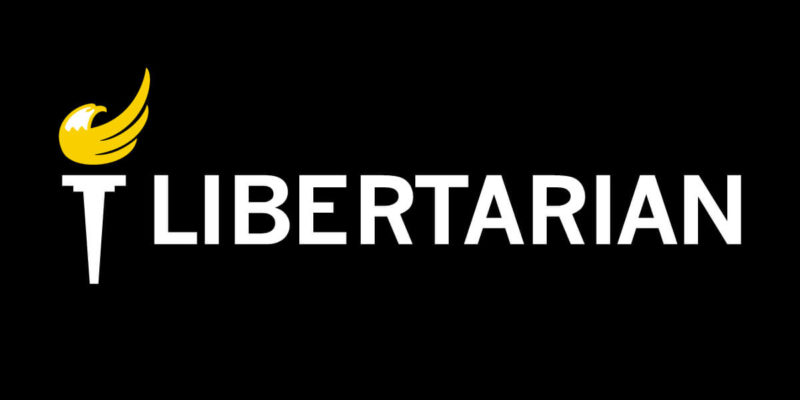Perhaps it’s the narcissism of so many politicians, who claim to be helping ‘the little people’ when the real object of their helping is themselves, be it for power or financial advantage. Maybe it’s the abysmal track record that government has posted in its dealings with everything from education to agriculture to economics. Perhaps it’s the increasingly rapid erosion of individual freedom. Or maybe, just maybe, it’s things like this statement from our new Attorney General, Eric Holder.
“I think it’s important for this nation to maintain a healthy newspaper industry,” Holder told reporters. “So to the extent that we have to look at our [anti-trust] enforcement policies and conform them to the realities that that industry faces, that’s something that I’m going to be willing to do.”
Compare this to the growing call in the Congress to muzzle talk radio through the reinstitution of the so-called Fairness Doctrine, or requiring approval of radio station licensing by local ‘diversity boards,’ or imposing ownership limits on broadcast media companies.
The inconsistency would be funny except it’s our First Amendment freedom that’s under discussion.
Daily newspapers have been losing circulation for many years, but recently major papers have ceased publication; last week saw the last printed edition of the Seattle Post-Intelligencer. Oh, and the newspaper industry’s editorial slant is overwhelmingly statist.
Commercial radio has experienced a similar decline as satellite radio, the iPod, the internet, and mp3 players have fragmented listenership. While some mom-and-pop owned radio stations still exist (virtually all on the AM band and broadcasting some flavor or religious programming), it is only the concentration of ownership in the hands of big chains like Clear Channel, Citadel, and Cox that keeps radio marginally profitable. There is just one reason why the AM radio band doesn’t look like Oklahoma during the 1930s dust bowl, and that is the enormous popular success of talk radio — with an editorial slant that is overwhelmingly conservative, although arguably almost as statist as that of newspapers.
The Attorney General of a big government statist administration wants to extend the state’s benevolent hand to the newspaper industry, while the congress of the same big government statist administration wants to destroy talk radio. It is disingenuous to suggest the difference in approaches is due to anything other than the political beliefs generally expressed in each medium.
It is easy to conclude that the driving force in American government today is the effort to silence dissent, as defined by whichever party is in charge at the moment.
There always has been a tension between government and freedom of speech, dating back at least as far as the Alien And Sedition Acts of 1798. Bluntly, free speech is something that prevents government from doing to us what politicians would like to do to us. It’s bad enough that the continuation of our First Amendment rights is dependant on the judiciary (cough Campaign Finance Reform cough). The day the legislature controls the media — either by selectively exempting print from anti-trust measures or by subjecting broadcast to Fairness Doctrine/diversity boards/ownership caps — is the day an independent media will cease to exist.
The First Amendment is too important to be left up to government!

